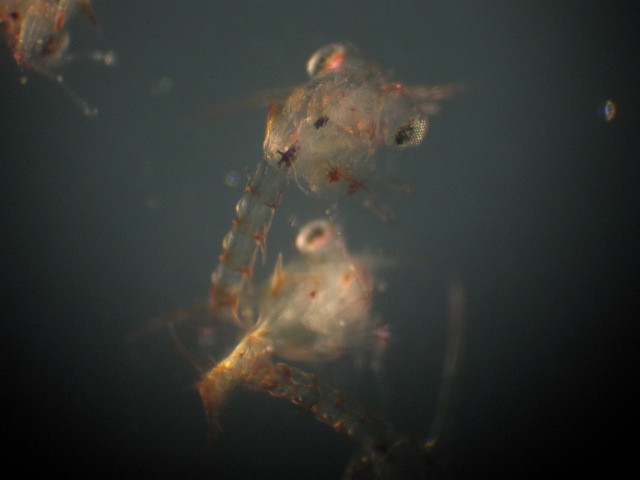


Esta área, dirigida por el Dr. Kurt Paschke, se dedica a la Fisiología de Invertebrados, con énfasis en la ecofisiología. Se enfoca en comprender el efecto de factores ambientales tales como la temperatura, salinidad, fotoperíodo y, en el último tiempo, de la disponibilidad de oxígeno sobre la fisiología de animales.
Se pone especial atención en estadios tempranos del desarrollo (embriones, larvas y juveniles) y cómo se interrelacionan los mecanismos, procesos y adaptaciones fisiológicas con las diferentes fases del ciclo de vida.
Para ello se utilizan diferentes metodologías, tales como cuantificación de consumo de oxígeno con tecnología óptica, excreción de amonio, regulación de iones, pigmentos respiratorios, análisis proximal y metabolitos específicos como lactato, entre otros.
Al utilizar estas técnicas en especies de importancia comercial ha sido posible desarrollar tecnologías de cultivo. Esta ha sido un área que ha permitido, por ejemplo, notorios avances en el desarrollo del cultivo de la centolla austral (Lithodes santolla). En el último año, esta aproximación ha permitido evaluar el impacto de pesticidas sobre la fisiología de otros crustáceos como la jaiba marmola (Metacarcinus edwardsii).
El trabajo de investigación se desarrolla principalmente en el Laboratorio de Ecofisiología de Crustáceos LECOFIC, en un espacio de más de 200m2, el que cuenta con tres cámaras de temperatura controlada de 28 m2 cada una, con agua de mar filtrada y aireación continua.
El área de Fisiología Aplicada del IACUI es una plataforma para realizar investigación conjunta con investigadores de Alemania, Argentina, México y nacionales.